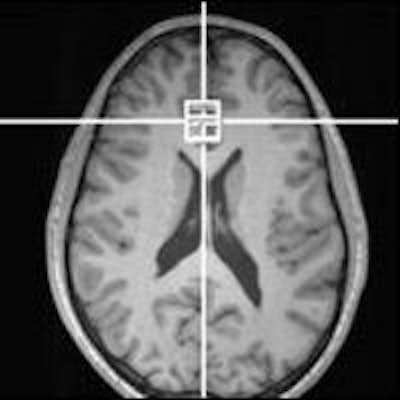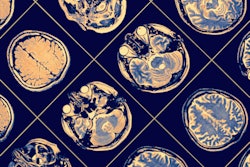
MR spectroscopy of the brain indicates that drugs taken for attention deficit hyperactivity disorder (ADHD) can cause an increase in the neurotransmitter glutamate, positively influencing a person's mood, according to a study published online March 6 in Neuropsychopharmacology.
The findings are the first such indication of a link between glutamate and emotion, and that a rise in levels of the neurotransmitter can predict both the magnitude and duration of response to ADHD drugs.
"Given the timing of these effects -- the glutamate effect comes first, and the positive emotion comes later -- this could indicate a causal link between glutamate and positive emotion," said lead author Tara White, an assistant professor at Brown University School of Public Health. "I think what we're seeing here is not just a drug effect; it's how positive emotion works in humans."
In the study, White and colleagues initially screened the mental and physical health of research subjects before performing MR spectroscopy to detect the concentration of neural compounds in key regions of the brain. The researchers specifically targeted the anterior cingulate cortex, which connects multiple brain networks involved in emotion, decision-making, and behavior.
After accounting for possible confounding factors, the MR results revealed that two ADHD medications -- d-amphetamine and Desoxyn -- significantly increased the overall amount of glutamate in the right dorsal anterior cingulate cortex.
 Researchers found an increase in the neurotransmitter glutamate in key regions of the brain in healthy subjects who received ADHD drugs. The increase was associated with positive emotion. Images courtesy of White Lab and Brown University.
Researchers found an increase in the neurotransmitter glutamate in key regions of the brain in healthy subjects who received ADHD drugs. The increase was associated with positive emotion. Images courtesy of White Lab and Brown University.The rise in glutamate foretold the duration and the intensity of positive emotion, as subjects rated whether they liked the drug or felt high after consuming it.
The researchers also discovered that gender could play a role in how the ADHD drugs can affect a healthy brain. Women in the study exhibited a greater increase in glutamate than men, and they responded more strongly to Desoxyn than d-amphetamine.
White and colleagues cautioned that while this was a placebo-controlled study, the findings demonstrate only an association between glutamate and positive mood and not necessarily a causal relationship. They recommend additional research to validate the connection between the neurotransmitter and emotion.
"I think it's going to open up a whole new way of thinking about emotion in humans," White added.




















